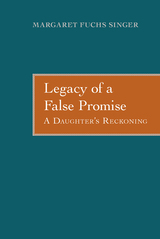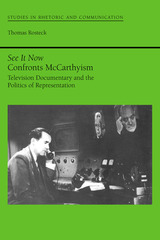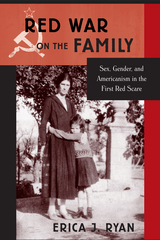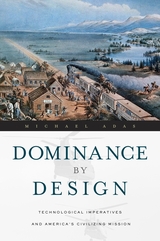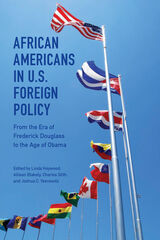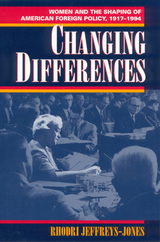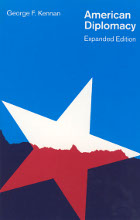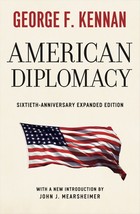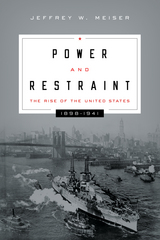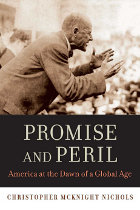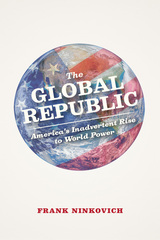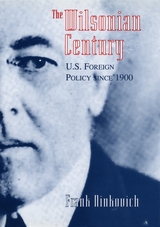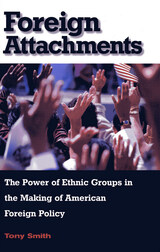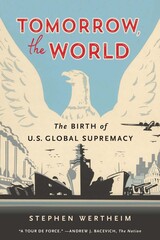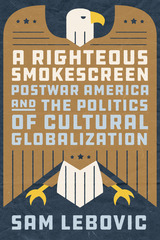Changing Differences: Women and the Shaping of American Foreign Policy, 1917-1994
Rutgers University Press, 1995
Paper: 978-0-8135-2449-8 | eISBN: 978-0-8135-5563-8 | Cloth: 978-0-8135-2166-4
Library of Congress Classification E744.J35 1995
Dewey Decimal Classification 327.73
Paper: 978-0-8135-2449-8 | eISBN: 978-0-8135-5563-8 | Cloth: 978-0-8135-2166-4
Library of Congress Classification E744.J35 1995
Dewey Decimal Classification 327.73
ABOUT THIS BOOK | AUTHOR BIOGRAPHY | REVIEWS | TOC
ABOUT THIS BOOK
There are more than fifty women in the United States Congress and nearly one-fourth of foreign service posts are held by women. Nevertheless, the United States has yet to entrust a senior foreign policy job, outside of the United Nations, to a woman. Beneath these statistics lurk central myths that Jeffreys-Jones cogently identifies and describes: the "Iron Lady"--too masculine; the "lover of peace"--too "pink"; the weak or the promiscuous. These are to name only a few. With an eye to the feminist foreign policy leaders of the future, the author traces the successes and failures of collectivities such as Women Strike for Peace and individuals who were influential in international politics since World War I, including Alice Paul, Jane Addams, Jeannette Rankin, Dorothy Detzer, Eleanor Roosevelt, Margaret Chase Smith, Helen Gahagan Douglas, Bella Abzug, Margaret Thatcher, and many others. These women often found ways to employ the myths to their own and to their country's benefit, and more recently have had the freedom to defy the stereotypes altogether.
See other books on: American Foreign Policy | Americas (North, Central, South, West Indies) | Political activity | Shaping | Women diplomats
See other titles from Rutgers University Press

